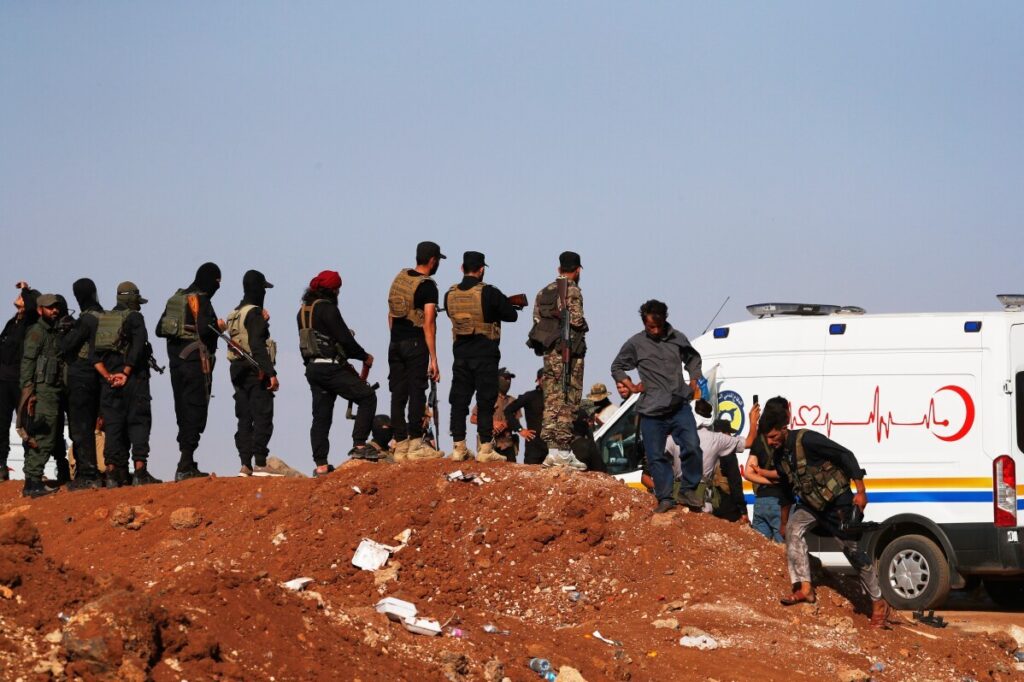Saudis Invest $6 Billion in Syria Amid Chaos—Is Washington Watching?
As Saudi Arabia pours billions into Syria’s shaky new government, sectarian violence and foreign strikes reveal the deep instability that threatens real reconstruction—and U.S. interests.

The recent announcement of 47 investment agreements between Syria and Saudi Arabia, totaling over $6 billion, might sound like a hopeful sign for rebuilding a nation devastated by years of conflict. But beneath this facade lies a volatile political landscape that should raise serious alarms for America’s strategic interests.
How Can Investment Thrive Amid Sectarian Bloodshed?
The deals, spanning real estate, telecommunications, and industry sectors such as cement production, are touted as job creators—up to 50,000 direct jobs and many more indirect. Yet while Saudi money flows in, southern Syria reels from brutal sectarian clashes primarily between Sunni Bedouin clans and Druze minorities. Government forces’ involvement appears biased, escalating violence rather than quelling it.
For Americans who prioritize stability on our southern borders and global security, the unrest in Syria is not some distant problem but a direct threat. The turmoil fuels refugee flows, invites extremist exploitation, and undermines any semblance of order in a region critical to counterterrorism efforts.
Washington: Is It Time to Reassess Our Priorities?
Since the fall of Assad’s regime facilitated by rebel advances supported by regional players including Saudi Arabia itself, the U.S. has largely stepped back from active engagement in Syria’s reconstruction or political future. Meanwhile, Riyadh’s financial involvement signals an attempt to shape post-Assad governance aligned with its interests—yet without clear guarantees of stability or adherence to principles respecting national sovereignty beyond sectarian agendas.
The United Nations estimates the cost to rebuild could reach $400 billion—vastly overshadowing these initial investments and highlighting how fragile and incomplete the current efforts are. The recent Israeli strikes against Syrian government targets under the pretext of protecting Druze minorities further complicate this geopolitical chess game. Each strike chips away at sovereignty while destabilizing American-aligned balance-of-power efforts.
How long will Washington allow foreign powers to influence Syrian fate without ensuring American security concerns are front and center? For families burdened by inflation and policymakers wary of endless foreign entanglements without clear returns, ignoring these developments risks ceding strategic ground to actors indifferent or hostile to America First values.
This $6 billion injection is not just about economics; it reflects a complex power struggle where national sovereignty is fragile and sectarian divisions threaten any coherent path forward. It is time for U.S. leadership to reassert its role—not through open-ended military occupation—but through principled diplomacy that protects freedom-loving allies, counters destabilizing forces, and prioritizes America’s security above shadowy regional competitions.
